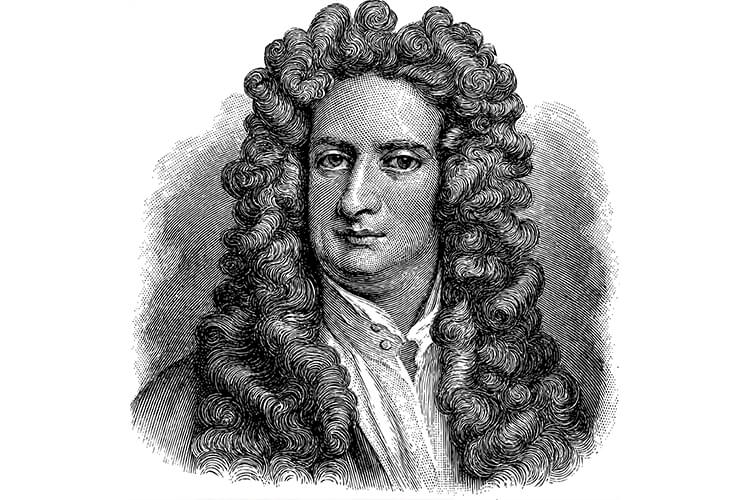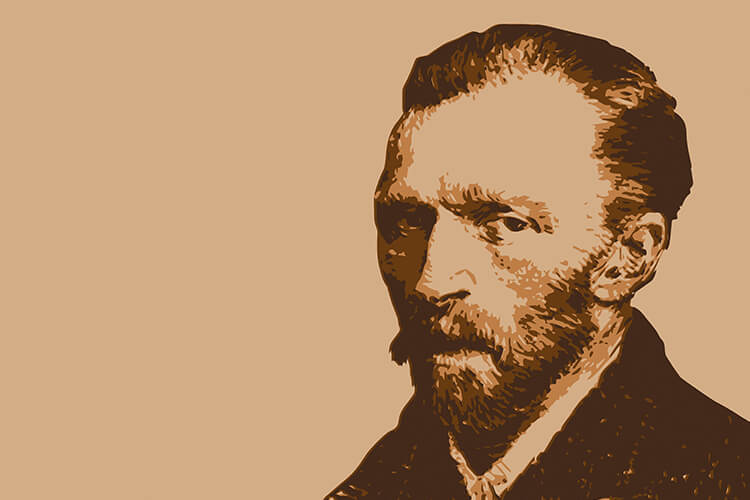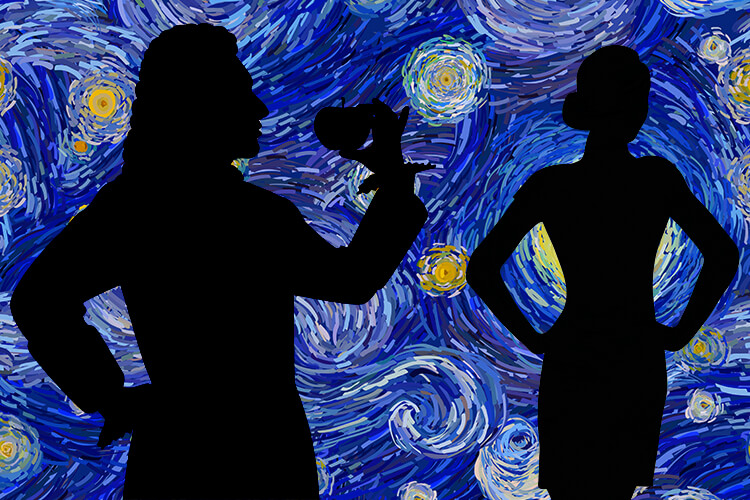Psychosis doesn’t discriminate. It doesn’t care if you’re famous or infamous, young or old. And it’s not a new thing either.
Hundreds of years ago, hearing voices or behaving erratically would have earned someone the label of “mad” or led their family to consign them to an asylum. In spite of this, a number of historical figures whom modern psychologists believe to have suffered from psychosis still managed to leave their mark on the world. Here’s a look at view names you might know:

- Sir Isaac Newton – The man we credit with figuring out gravity also invented calculus and built telescopes. All the while, he was battling major mood swings and psychotic tendencies. His letters were often filled with delusions that modern doctors now see as symptoms of schizophrenia.
- King Christian VII of Denmark – Ruling the kingdoms of Norway and Denmark from 1766 until his death in 1808, Christian showed signs of mental illness from an early age. He was prone to violence and delusions and sometimes childlike behavior that, as an adult, included playing leapfrog with members of his court.
- Zelda Fitzgerald – Wife to one of the most famous American writers of all time, F. Scott Fitzgerald, Zelda was also known as a writer, artist, and 1920’s fashion symbol. During the course of her marriage, Zelda suffered a severe mental breakdown that led to her diagnosis of schizophrenia. She spent the last 20 years of her life in and out of psychiatric hospitals.
- Vincent van Gogh – While some psychologists believe van Gogh may have had bipolar disorder or depression, the painter suffered from severe hallucinations – including hearing voices – throughout his career. In spite of this, he left behind some of the art world’s most memorable works.

Today, as mental health awareness continues to grow, we can benefit not only from the better-known contributions of these individuals, but also from the knowledge that psychosis doesn’t take away from talent or genius.


 The goal is to facilitate early identification of those experiencing extreme states in order to decrease the duration for untreated symptoms and reduce disruption to the young person’s psychosocial development through a collaborative, recovery oriented intervention.
The goal is to facilitate early identification of those experiencing extreme states in order to decrease the duration for untreated symptoms and reduce disruption to the young person’s psychosocial development through a collaborative, recovery oriented intervention.